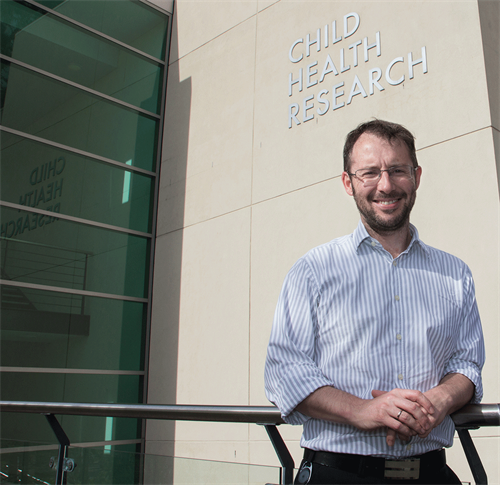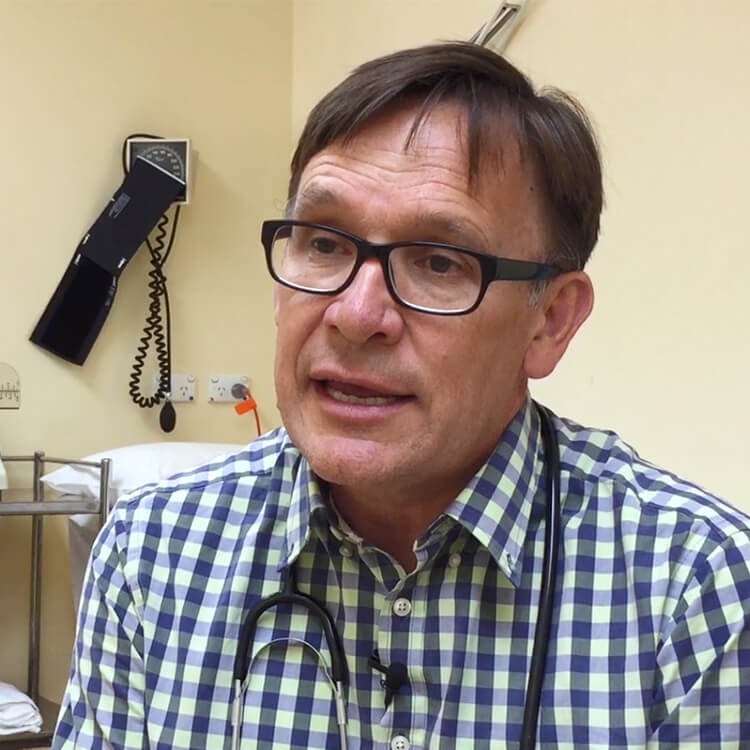Search
Research
Detection of occult Scedosporium species in respiratory tract specimens in cystic fibrosis (CF) by use of selective mediaRespiratory samples from cystic fibrosis outpatients were cultured on Sabouraud's dextrose agar (SABD) containing antibiotics, Mycosel, and Scedosporium-sel...
Research
Safety and Immunogencity of a Prototype Adjuvanted Inactivated Split-Virus Influenza A (H5N1) Vaccine in Infants and ChildrenHighly pathogenic avian influenza A virus (H5N1) is a leading candidate for the next influenza pandemic, and infants and children may play an important role...
Research
Diverging trends for lower respiratory infections in non-Aboriginal and Aboriginal childrenTo investigate temporal trends in admission rates for acute lower respiratory infections (ALRI) in a total population birth cohort of non-Aboriginal and...
Research
Vaccinating young adults against HPV: the importance of understanding health decision-making and behaviourVaccination of young teenage females against human papillomavirus (HPV) with a newly licenced quadrivalent vaccine designed to prevent cervical cancer and...
Research
Infection is the major component of the disease burden in Aboriginal and non-Aboriginal Australian children: a population-based studyInfection accounts for the majority of pediatric mortality and morbidity in developing countries, but there are limited data on the infectious diseases...
Research
The burden of rotavirus-related illness among young children on the Australian health care systemTo provide estimates of the annual number and cost of hospital admissions, emergency department (ED) visits and general practitioner (GP) visits...


News & Events
Whooping cough vaccine could be a new weapon in the fight against food allergiesResearchers from The Kids Research Institute Australia and Curtin University will use a $3.9 million grant from the National Health and Medical Research Council to investigate whether a type of whooping cough vaccine could provide bonus protection against food allergies and eczema.

News & Events
New meningococcal strains bring increased risk in WAA new study has confirmed the changing pattern of meningococcal disease in Western Australia.
Research
A Phase 3 Randomized, Double-blind, Placebo-controlled Study to Evaluate the Safety and Efficacy of MEDI8897, a Monoclonal Antibody With an Extended Half-life Against Respiratory Syncytial Virus, in Healthy Late Preterm and Term Infants (MELODY)Jennifer Peter Kent Richmond RN MBBS MRCP(UK) FRACP Clinical Research Manager Head, Vaccine Trials Group Jennifer.Kent@thekids.org.au Clinical
